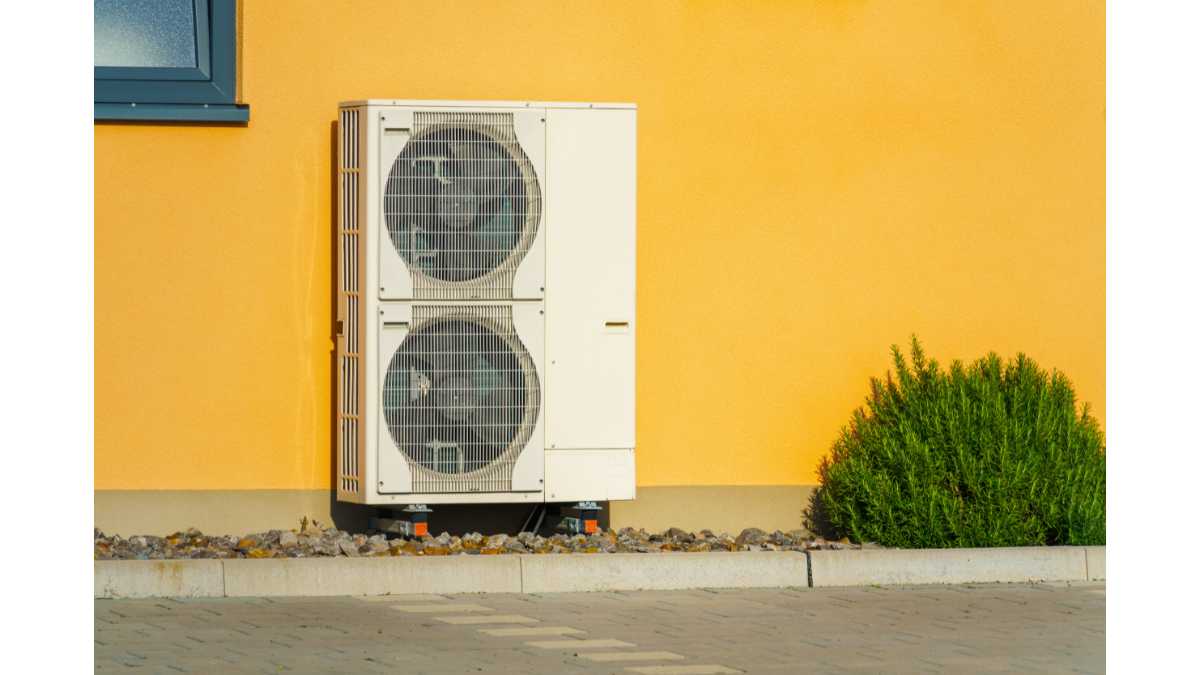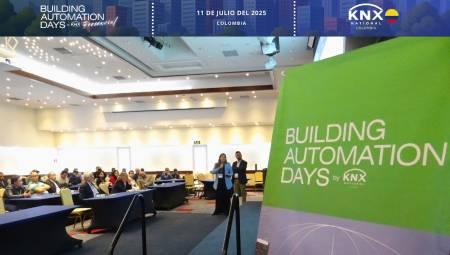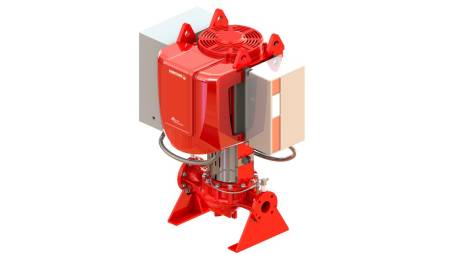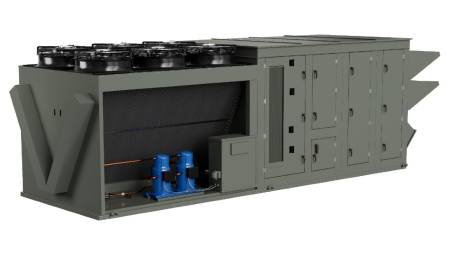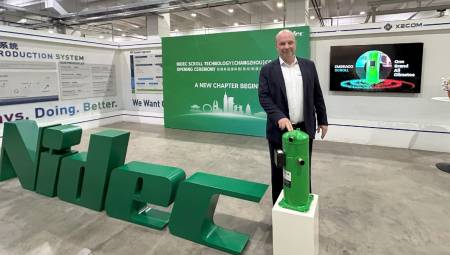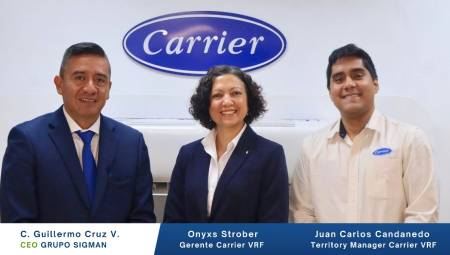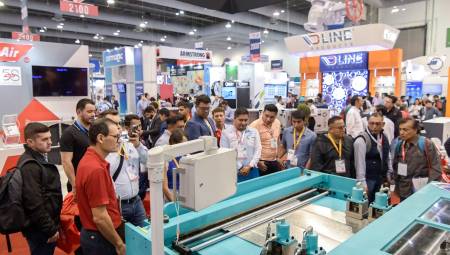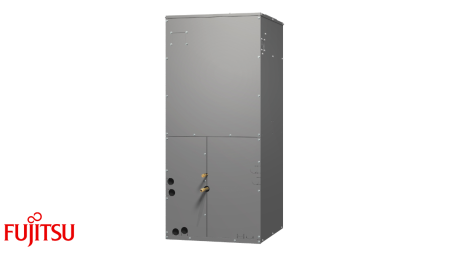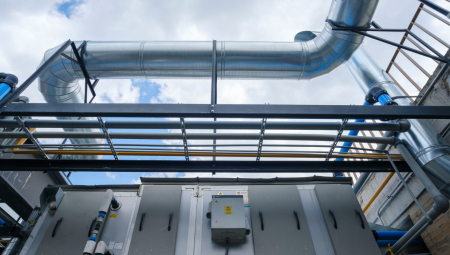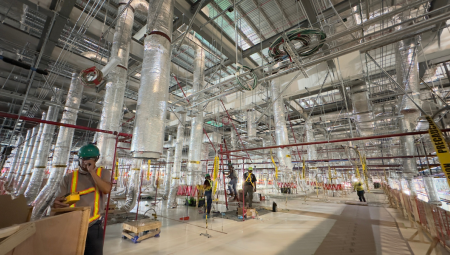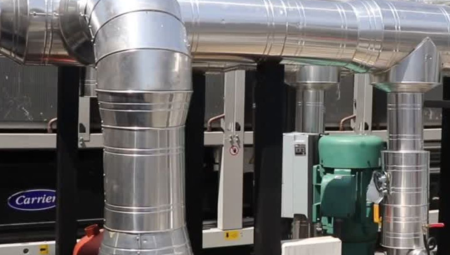International. A group of scientists from the European community, from different universities and research institutes, published a document in which they justify the use of propane / r290 as a refrigerant in heat pumps, as a transition towards sustainability.
While acknowledging the issue of propane's high flammability, the scientists argue that "the hydrocarbons used in heat pumps, however, are contained in airtight systems. International safety standards already exist and are constantly being improved. The new standards will likely allow for wider use of hydrocarbon refrigerants, as more detailed safety precautions are developed."
On this same aspect, they argue that an important factor in increasing safety, or expanding the use of hydrocarbons to larger systems, is to reduce the refrigerant charge per kW of heating capacity in heat pumps. This is an area that the industry has neglected until now, as the amount of cargo is not a major factor when using non-flammable fluids. Recent research and development has shown that efficient systems can run on about 10 g of propane per kW, compared to the about 100 g of propane per kW required with typical designs.
On the time needed to redesign, the European scientific community explains that many manufacturers in Europe are already working on new designs of heat pumps with propane as a refrigerant. Moving from non-flammable synthetic refrigerants to flammable hydrocarbons requires careful consideration of safety, both at production sites and for products.
"A similar transition was made about 30 years ago, when the entire refrigerator industry went from using R12 to isobutane over a period of 3 to 5 years. Based on this background, a transition time to propane for outdoor installations of 3 to 5 years and for indoor heat pumps of 3 to 8 years seems realistic, depending on different applications and capacity ranges."
The paper concludes that although switching from refrigerant to propane for outdoor air-to-water heat pumps is unstoppable, switching to propane for indoor heat pumps remains a challenge and will likely require more than three years, due to complex safety regulations and construction requirements.
"We advocate the early announcement of clear and ambitious sunset dates for synthetic refrigerants, taking different development time periods for different product classes (indoor/outdoor/monoblock/split/multi-split/VRF) and application areas (residential/commercial/industrial) into account. Any new product development must clearly focus on natural refrigerants."


